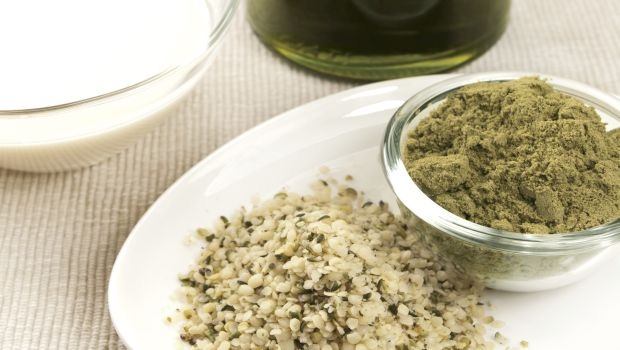Regular contributor Blake Ebersole sees vast potential in cannabis. Do you?

The safety and history of cannabis consumption for food and medicine is unparalleled as a natural product. Combined with the Internet of cannabis anecdotal evidence, it’s hard to think of something so well-researched, but so poorly understood.
The science on both the positives and negatives of cannabis is solid and growing. A Medline search for “cannabis” lists 14,000 studies, including 814 clinical trials. In a 2015 JAMA meta-analysis of 37 high-quality clinical trials on cannabis totaling 2,563 subjects, the eight trials which measured its effects on pain found it “very effective.” Evidence of cannabis’s benefits for nausea and vomiting was also found in three clinical trials, mirroring its use in folk medicines for ages. Cannabis was also effective in well-designed human trials for spasticity in MS, improving appetite in HIV/AIDS and wasting diseases as well as ocular pressure in glaucoma.
Regardless, most cannabis patients don’t need a meta-analysis to believe in the relief their medicine gives them. Like it or not, for so many people, cannabis improves physical, mental and emotional well-being during difficult or terminal health issues. And its recreational use by normal, healthy people is overall a low public health risk compared to alternatives like alcohol. Thus, many believe access to high-quality cannabis products for both medical and recreational use should not be out of reach.
However, the usefulness of cannabinoids is often limited by its side effect profile. Adverse events noted in a small percent of subjects consuming high-THC cannabis included dizziness, dry mouth, fatigue, euphoria, disorientation, drowsiness, confusion, loss of balance, and hallucination. The use of high-THC products can be habit-forming, and it remains unclear whether they are beneficial or harmful for people with schizophrenia.
The stigma and psychoactive effects of THC are no help for its adoption as medicine and as a dietary supplement. But many feel that a key reason preventing widespread medical adoption of cannabis is the lack of requirements to analyze and control dosage forms.
Laws in the states where cannabis is legal, and products developed in those markets, have attempted to control dosing better than before. Today, many believe that controlled dosage forms of cannabinoids, including cannabidiol (CBD) are required for any real progress to maximize cannabis’s health benefits.
Another area ripe for improvement is in the analysis of product purity (and impurities). In the states, although all cannabis products are required to list test results from an approved lab on all product labels (representing a step up on food and supplement requirements), the reliability of these test results are in question. In a JAMA communication recently published, 75 products from California, Colorado, and Washington State were tested for cannabinoid content. Not surprisingly, 60 percent of products contained less THC than listed on the label, based on strict tolerance limits of +/- 10%.
The cannabis experiment is leading to vibrant debate and rapid change, setting the stage for what is to come. Although many unanswered questions remain, we are starting to see the future of a natural, safe and effective health product that adheres to strict yet sensible standards.
References:
1. JAMA. 2015 Jun 23-30;313(24):2456-73.
2. PMID: 23685330, 23307069, 23042808, 21307846, 22716148
About the Author(s)
You May Also Like






.png?width=800&auto=webp&quality=80&disable=upscale)